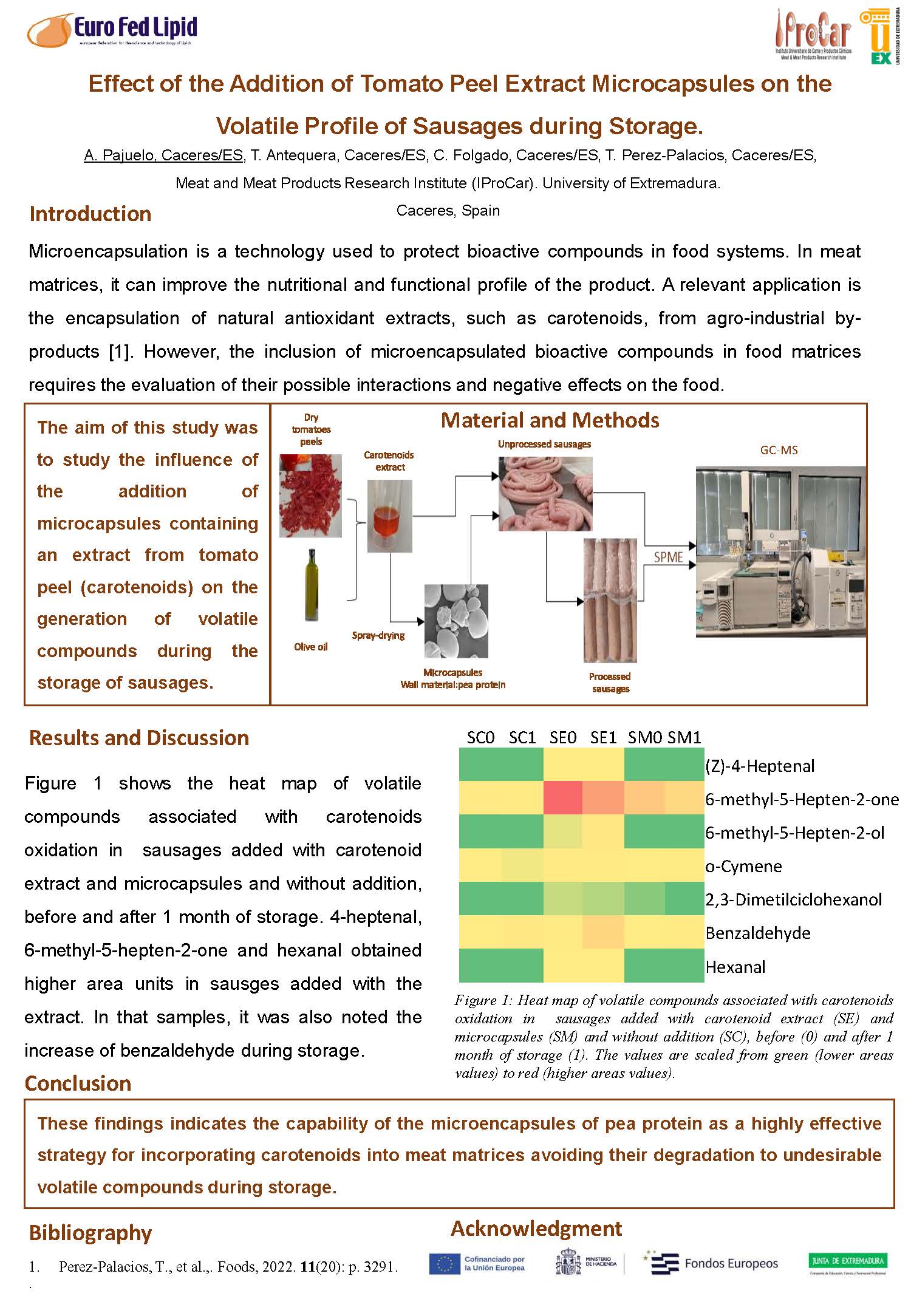The Internet pages partly use so-called cookies. Cookies do not damage your computer and do not contain viruses. Cookies serve to make our offer more user-friendly, effective and safer. Cookies are small text files that are stored on your computer and saved by your browser.
Most of the cookies we use are so-called "session cookies". They are automatically deleted at the end of your visit. Other cookies remain stored on your computer until you delete them. These cookies enable us to recognize your browser the next time you visit us.
You can set your browser in such a way that you are informed about the setting of cookies and allow cookies only in individual cases, exclude the acceptance of cookies for certain cases or in general and activate the automatic deletion of cookies when closing the browser. If cookies are deactivated, the functionality of this website may be limited.
Cookies that are required to carry out the electronic communication process or to provide certain functions you have requested (e.g. shopping basket function) are stored on the basis of Art. 6 Para. 1 lit. f DSGVO. The website operator has a legitimate interest in the storage of cookies for the technically error-free and optimized provision of his services. Insofar as other cookies (e.g. cookies to analyze your surfing behavior) are stored, these are treated separately in this data protection declaration.
